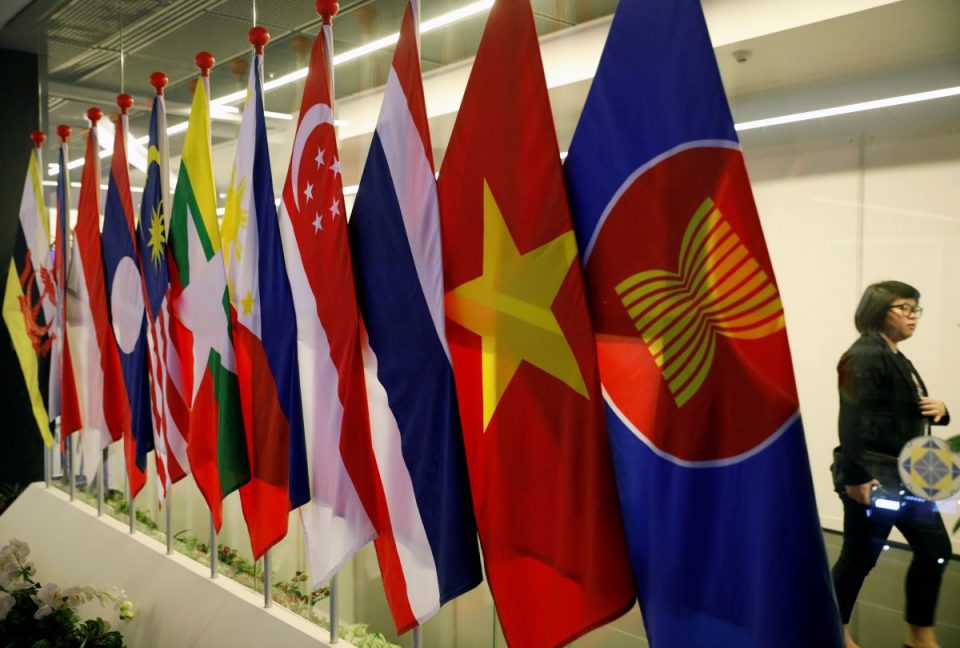DA NANG, Sept 23 — The 16th Conference of Asean Ministers Responsible for Information (Amri) and related meetings, which ended today, has endorsed the Guidelines on Management of Government Information in Combatting Fake News and Disinformation in the Media.
According to a joint media statement released at the end of the 16th Amri, it said the guidelines initiated by Indonesia sought to provide a framework on how governments can respond to false or misleading information that is being disseminated in the media or on social media platforms.
It also sought to establish standards and good practices for government information officers; to promote accuracy and reliability, improving transparency and accountability in government communications; to improve coordination and collaboration between government agencies, and to ensure that government communications are transparent and accountable.
Amri also urged the Asean Task Force on Fake News (TFFN), which was established in 2019, to keep abreast with digital developments that could exacerbate online abuses and create divisions in societies by strengthening the promotion of cyber wellness and literacy, as well as improving the efficiency in detection and response.
“To this end, the meeting underscored the need to better develop and adopt evidence-based research and approaches that could enhance policymaking in dealing with the deleterious impact of these cyber threats,” the statement said.
Meanwhile, Amri urged the media and information sector to be more resilient and responsive in response to the fast-changing information landscape.
It said the media and information sector should become an active medium for inclusive lifelong learning to promote digital awareness and literacy for Asean citizens, as the growing influence of new and social media may potentially cause public concerns and drive discussions on social issues.
Amri recognised that advanced technology and artificial intelligence have created and shaped digital content in unprecedented ways.
Although these changes have brought about opportunities in innovative storytelling it also brought on challenges such as the proliferation of fake news and disinformation, as well as cyber threats due to the exploitation of digital technology by criminals.
Digital transformation has disrupted the media industry, especially its business models like radio and print journalism which need to better adapt to meet the demands of diverse audiences.
The meeting also supported the Da Nang Declaration on Media: From Information to Knowledge for a Resilient and Responsive Asean, which recognised the pivotal role of media in various areas such as contributing to the goal of a knowledge-empowered citizenry.
The declaration also recognised the media’s role in fostering Asean Identity to promote social cohesion and deepening a sense of regional belonging in response to the changing media landscape due to digital transformation.
Earlier, the 7th Amri Plus Three Plenary Session saw China, Japan, and South Korea expressed their continuous support for greater cooperation with Asean and its member states.
The 16th AMRI with the theme Media: From Information to Knowledge for a Resilient and Responsive Asean, held in Furama Resort Danang, focused on efforts to curb fake news and misinformation, as well as build a more resilient and responsive Asean community.
Besides Asean member states, the four-day meeting was attended by China, Japan, and South Korea (Plus Three), with Timor Leste as an observer.
The Malaysian delegation led by Communications and Digital Minister Fahmi Fadzil, also include Communications and Digital Ministry (KKD) secretary-general Datuk Mohamad Fauzi Md Isa and the Information Department (JaPen) Media and Corporate Communications Division director Datuk E.Sivabalan.
Malaysian National News Agency (Bernama) Deputy Editor-in-Chief (News Service) Nur-ul Afida Kamaludin, senior ministry officials, and other agencies were part of the Malaysian delegation.
Fahmi when met after Amri said the meeting was fruitful in deepening cooperation among Asean countries, and has agreed to work closely in combating fake news and disinformation.
— Bernama





